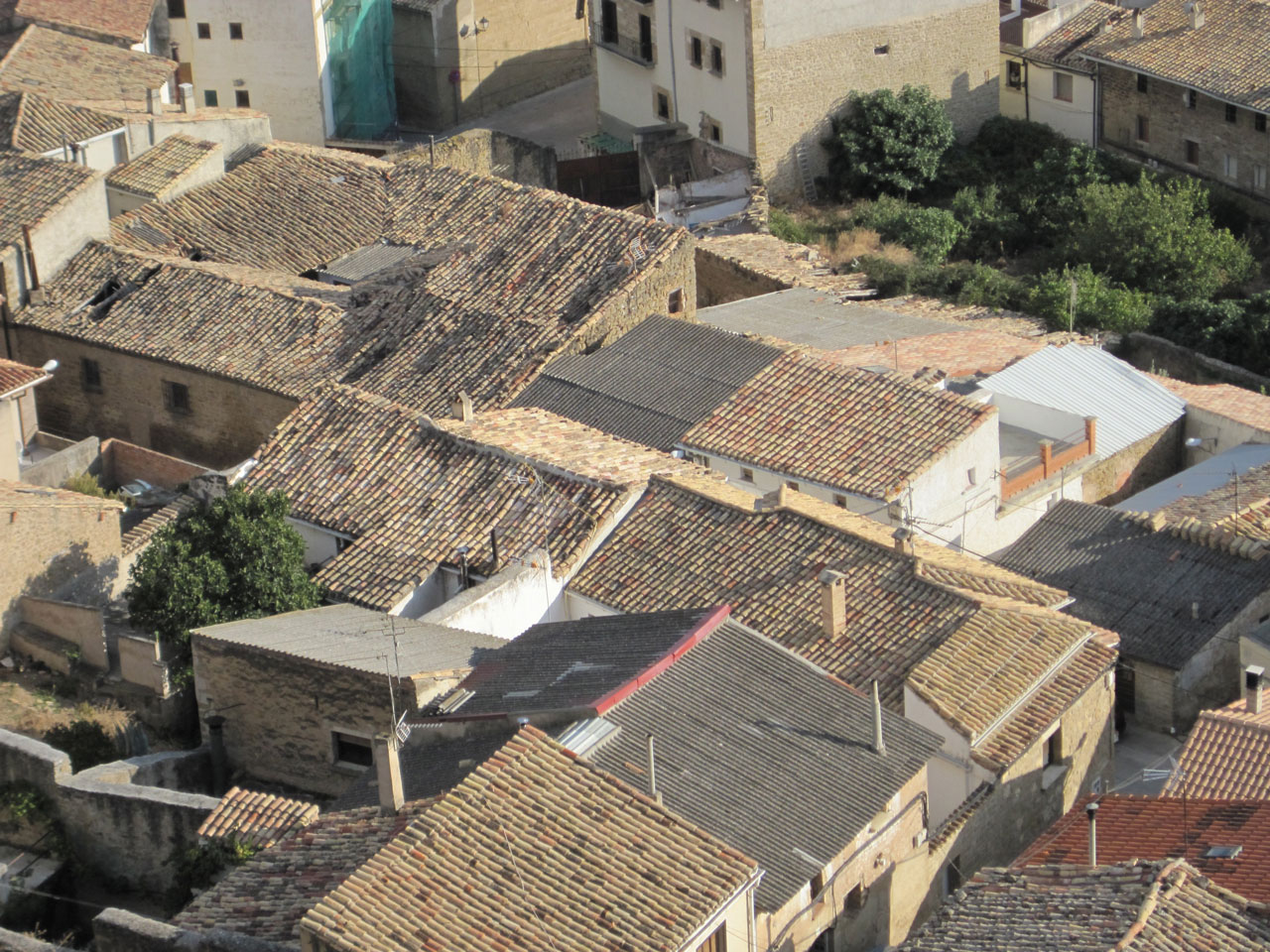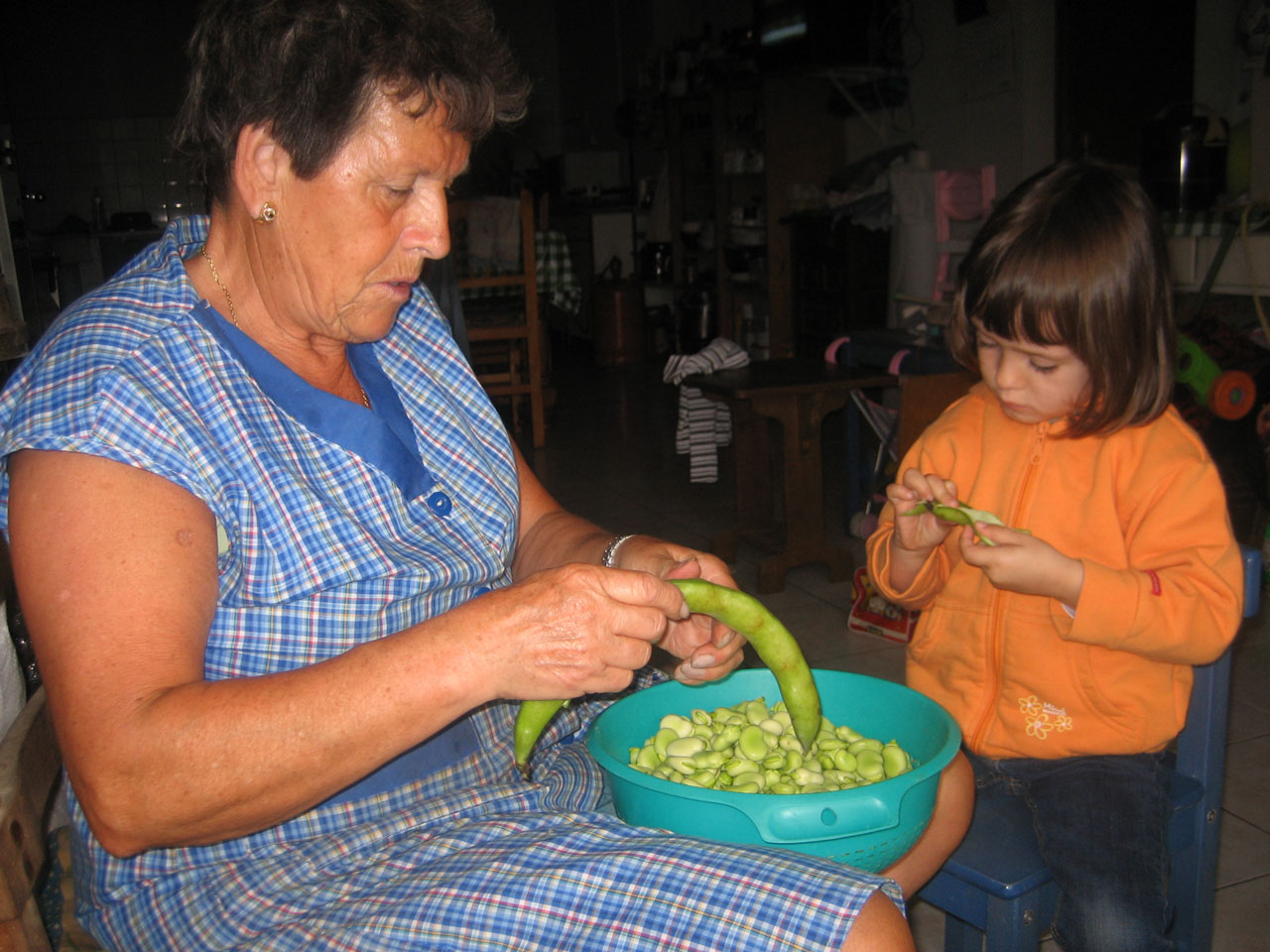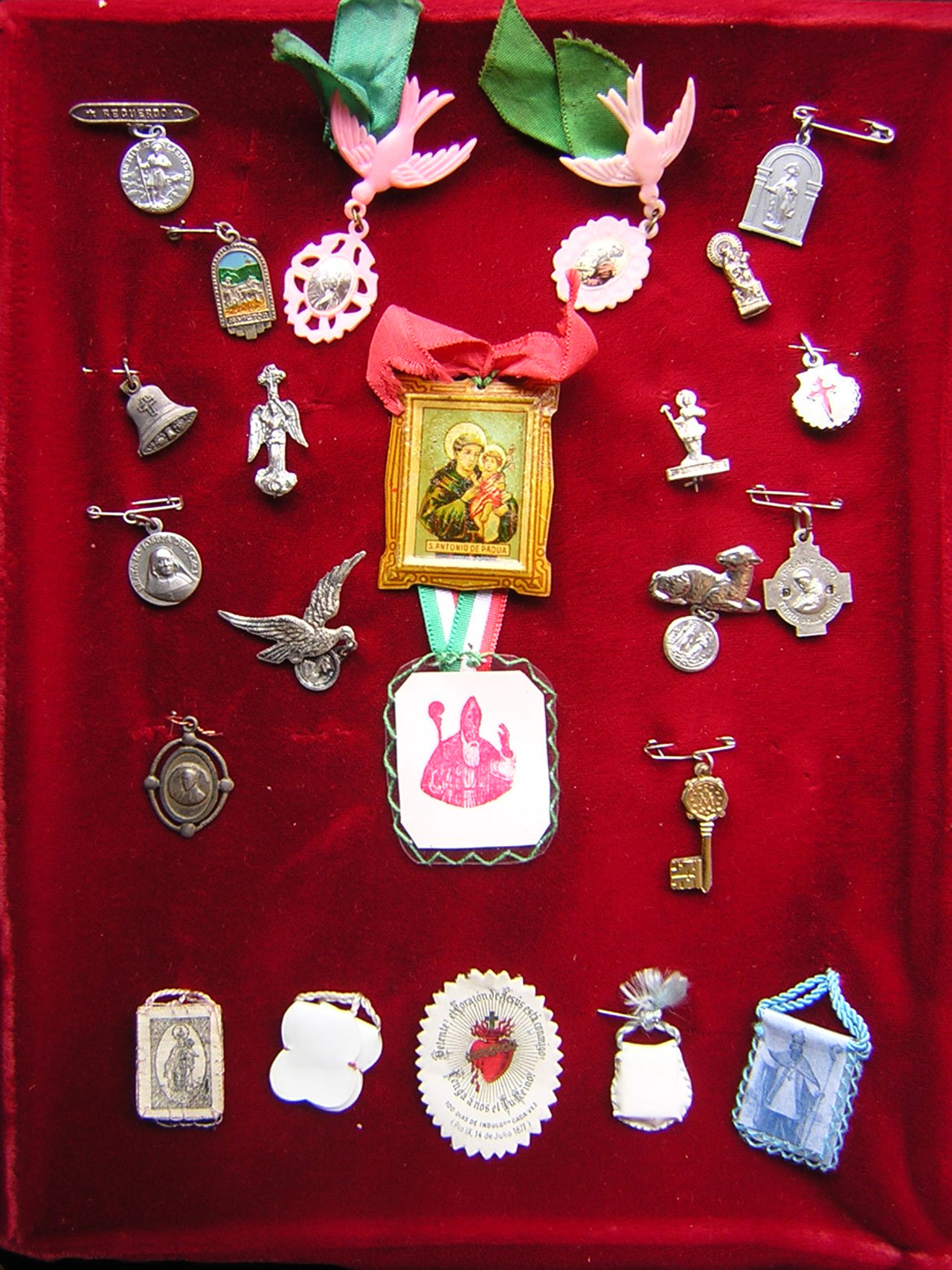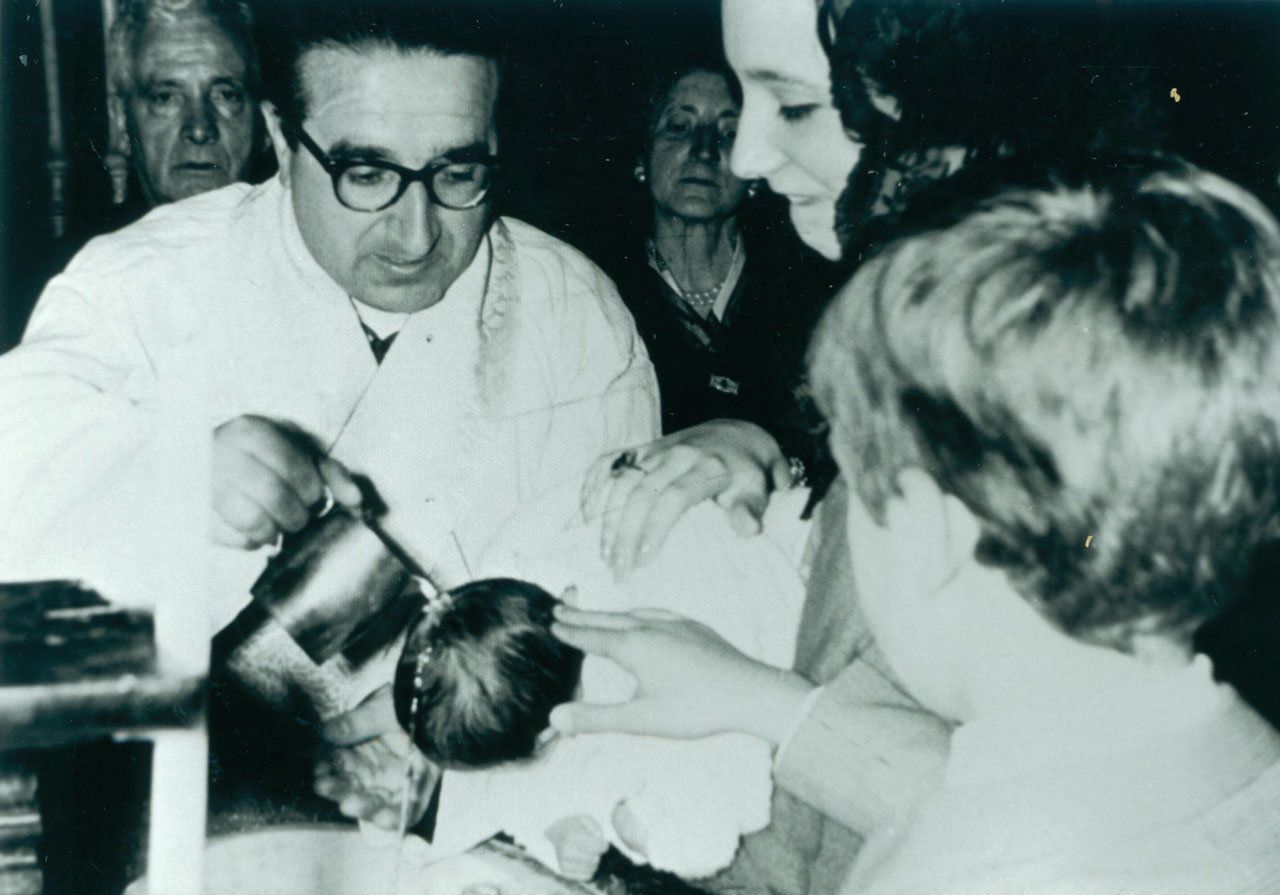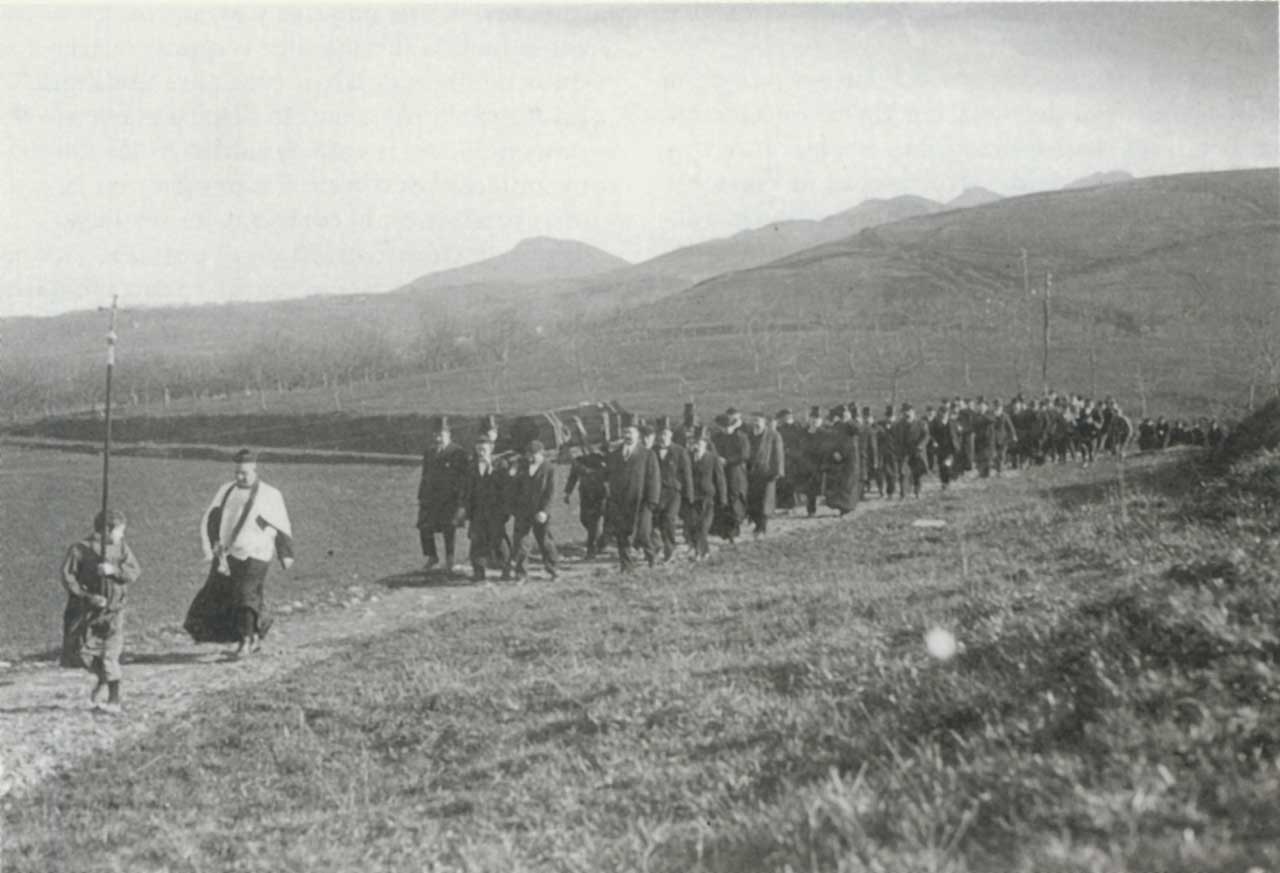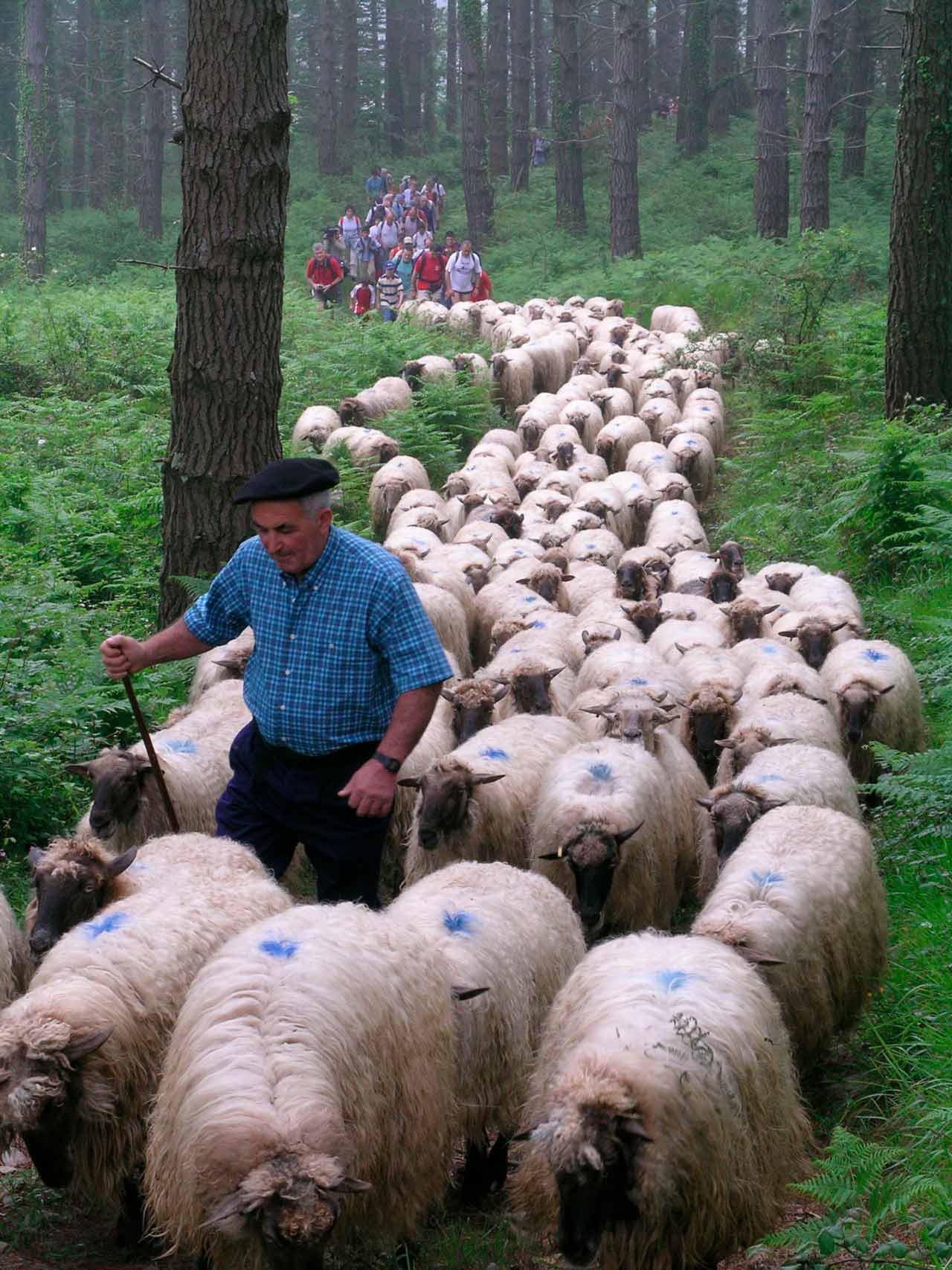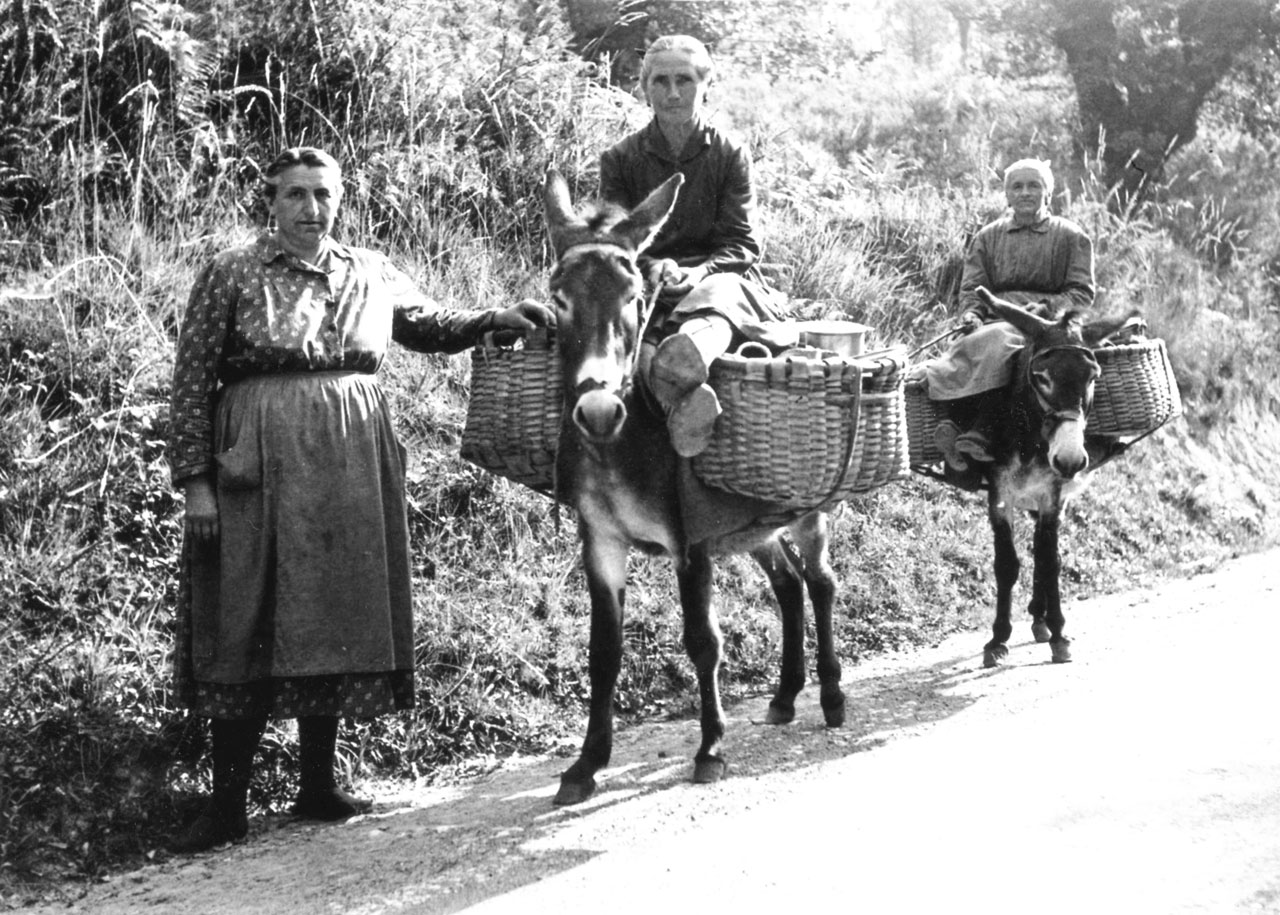Ethnographic Atlas of the Basque Country
De Atlas Etnográfico de Vasconia
Revisión del 16:55 11 mar 2020 de Admin (discusión | contribuciones)
Predominance of mono-pitched roofs. Artajona (N), 2010. Source: Segundo Oar-Arteta, Etniker Euskalerria Groups.
House and Family in the Basque Country


House and Family in the Basque Country
The roof was originally erected prior to the walls, foundations and other constructive elements of the house.
Family Diet in the Basque Country


Family Diet in the Basque Country
Beans and broad beans were the most widely grown legumes and were traditionally an important part of the diet.
Children’s Games in the Basque Country


Children’s Games in the Basque Country
Txirristi-mirristi, gerrena, plat, olio-zopa, kikili-salda, urrup edan edo klik, ikimilikiliklik. Drawing lots chant
Traditional Medicine in the Basque Country


Traditional Medicine in the Basque Country
No distinctions between beliefs and empirical cures in the traditional mindset.
Rites from Birth to Marriage in the Basque Country


Rites from Birth to Marriage in the Basque Country
After giving birth, women would remain confined for a period that ended with the rite of being churched, elizan sartzea.
Funeral Rites in the Basque Country


Funeral Rites in the Basque Country
There were specific paths to carry the corpse from the house of the deceased to the church and the cemetery.
On the move to the summer pastures in Gorbeia, 2006. Source: Antxon Aguirre, Etniker Euskalerria Groups.
Livestock Farming and Shepherding in the Basque Country


Livestock Farming and Shepherding in the Basque Country
Traditional shepherding and free-range livestock husbandry have prevailed on regions where these three requisites are satisfied: communal land, open-access rights, and free movibility for herds.
Agriculture in the Basque Country


Agriculture in the Basque Country
Our rural folk and our ancestors knew and practised agriculture on a more human scale and from a more holistic approach; it is not only the yield that matters, but also the complex network of physical factors and human beings involved in an activity that is actually based on cultivating the life that feeds us.
